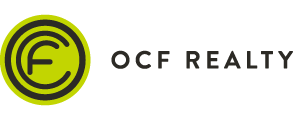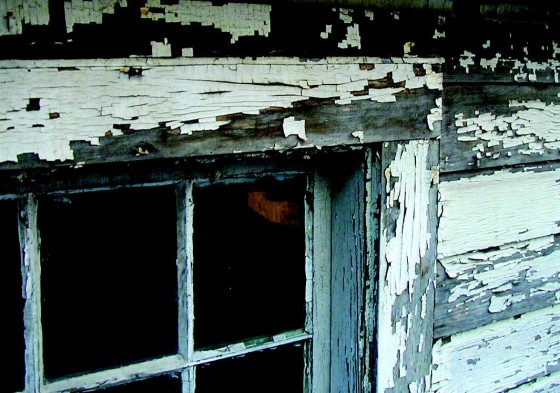Living as we do, in a city with a largely older housing stock, we expose ourselves and our children to health risks due to lead exposure. Thanks to the ignorance of past generations (and some powerful lobbying from the lead industry), our everyday environment suffers from varying levels of lead contamination. Lead-based paint, commonly used for homes, toys, and furniture until the 1970’s, is probably the best known source of lead contamination. Less commonly discussed but still very important sources are soil, often contaminated by deteriorating paint or residue from lead-based gasoline (also used for over fifty years all over the world), and water, usually contaminated by older lead pipes or fixtures.
Lead is dangerous to everyone, but its effects are most strongly felt by children under the age of six. Elevated lead levels have been shown to cause damage to childrens’ brains, nervous systems, and internal organs. Children have been found to have reduced intelligence, greater levels of hyperactivity, stunted growth, and other terrible health outcomes as a result of exposure to lead. The good news is that lead poisoning incidence has fallen by 80-90% in the past two decades, as lead use has been mostly phased out and increased regulation has kept kids safer.
Despite this reduction, lead remains a problem in Philadelphia, where a little less than 90% of properties were built when lead paint was still regularly in use. But what is there to be done?
Today, at 1pm at City Hall, in Room 400, the Lead Based Paint Bill 100011, sponsored by Councilwoman Blondell Reynolds Brown, will go to the Public Health and Human Services Committee. This bill, if passed, will require all property owners to provide a certification from a certified inspector that the property is free of deteriorated paint and lead dust before renting to a new tenant. No property built before 1978 could be rented without correcting all lead hazards in the property.
This bill, from what we can tell, would be a disaster for Philadelphia.
On its face, it seems like a great idea. Children need to be kept safe, and parents shouldn’t have to worry about their kids being poisoned by their dwelling place. But could this ordinance produce unintended consequences? According to Darrell Zaslow, legal counsel for HAPCO (Homeowners Association of Philadelphia), the bill would do far more harm than good.
According to Zaslow, the standard required by the bill would be very difficult and possibly very expensive to meet. By his figuring, the inspections would cost as much as $500. In a very best case scenario, this would be the end of the added cost burden for property owners, who would likely pass it along to tenants.
But what if the building doesn’t pass inspection? Zaslow’s numbers put the minimum cost of remediation at $2500 with the possibility of tens of thousands of dollars of additional cost. Will those be passed to tenants as well? Can tenants afford the increased rent, especially in lower income communities? What about properties that are worth less than the cost to remediate their lead contamination? Could this lead to wholesale abandonment of these types of properties? Certainly not in Rittenhouse Square, but quite possibly in Southwest Philadelphia.
HAPCO performed an economic study on outcomes from this bill. Their numbers show tremendous costs for landlords, higher rents for tenants, greatly reduced private real estate investment in the long term, and ultimately, a reduction in the tax base.
James Sims, a member of the HAPCO board and part of the committee that developed the economic study, believes that landlords and tenants share responsibility for lead safety. According to Sims, houses that aren’t properly cleaned dramatically increase the risk of lead exposure for children. Because lead dust comes from both deteriorating lead paint as well as contaminated soil that produces dust that blows around the city, proper mopping and dusting of surfaces in the home are the best way to keep kids safe. Sims wants better education for tenants about the importance of clean homes and better ways to hold tenants accountable for not doing the right thing.
Sims believes that over 200,000 rental properties in Philadelphia will require some form of lead remediation if the bill passes. Using Mr. Zaslow’s numbers, this would cost hundreds of millions of dollars over the next several years. We don’t see landlords shelling out all that money, and we don’t see tenants being able to afford much of that burden being pushed onto them, either.
We don’t want to see a single child fall ill because of lead poisoning. But we’re concerned that the bill, as it’s currently written, would have dramatically negative economic effects for both property owners and low-to- moderate income families.
There has to be a better way.
Disclosure: Naked Philly’s parent company, OCF Realty, is a property management company.



